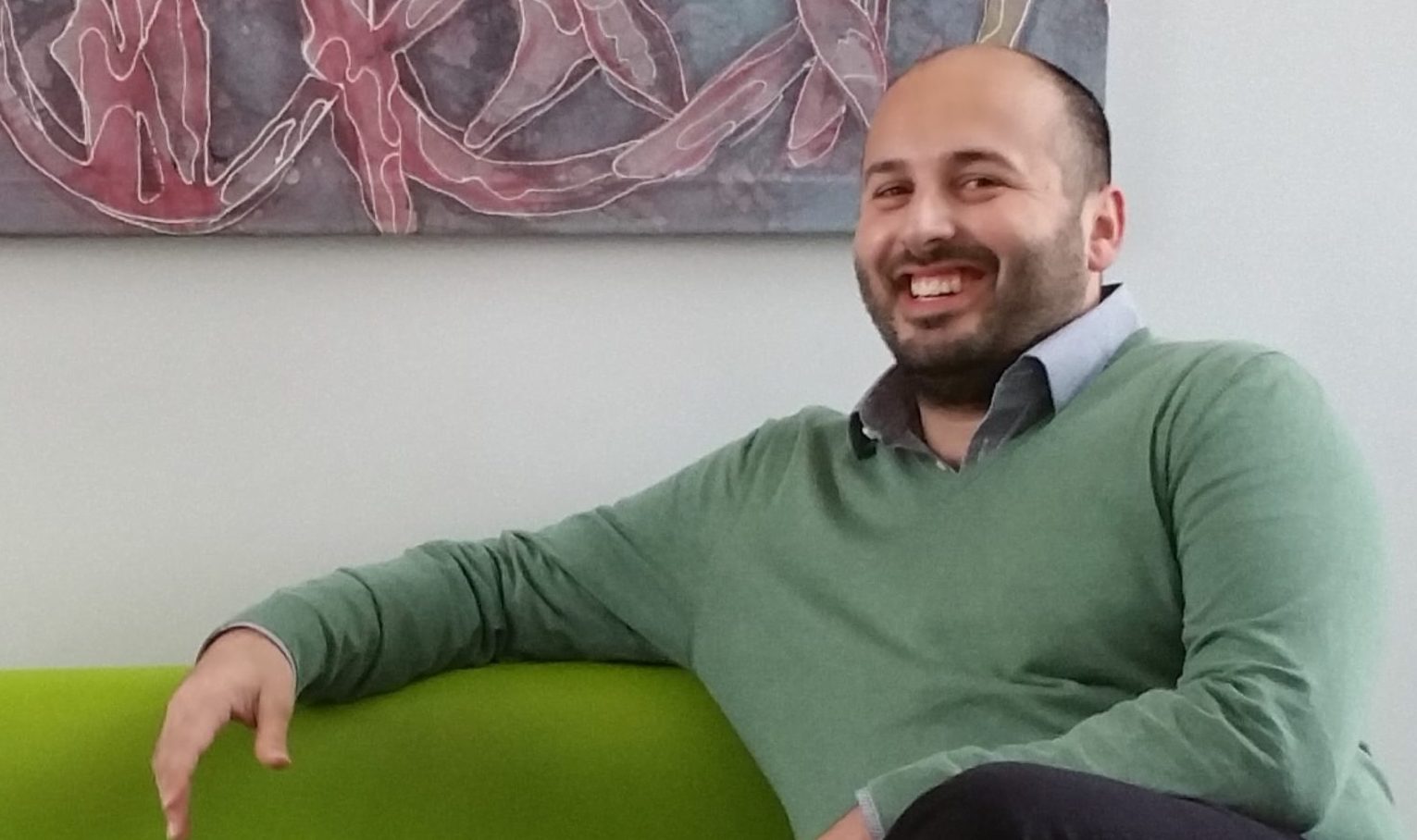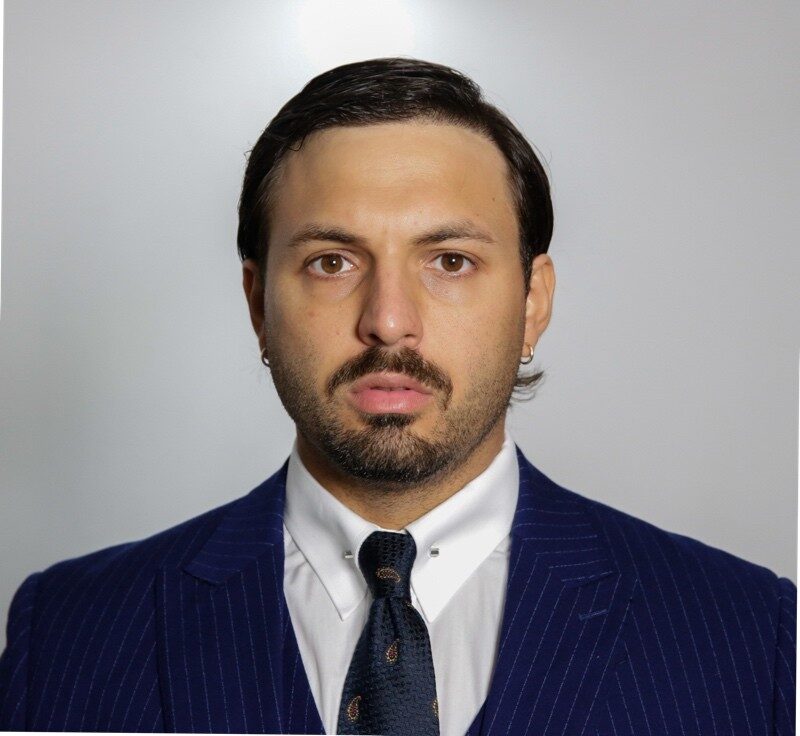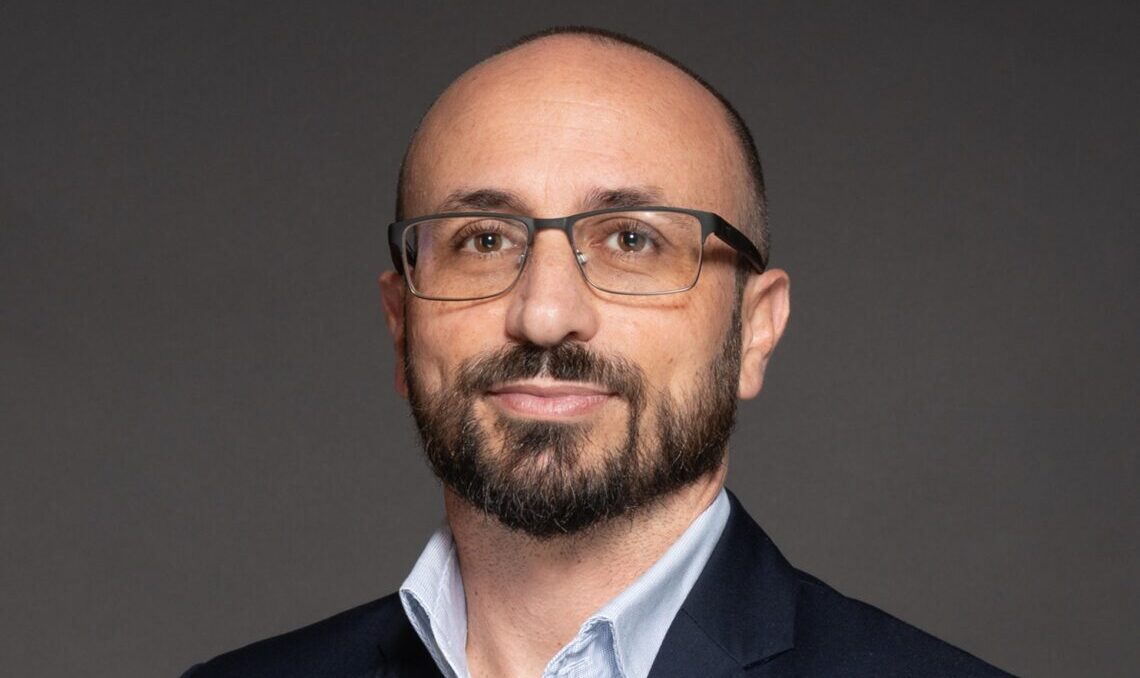As was the case for many, for Matthew Bartolo, Counsellor, Psychotherapist and Founding member of Willingness Malta – a multi-disciplinary team offering professional services related to family, sex and health – 2020 wasn’t the year he expected.
Describing the impact of the pandemic on his business, Matthew notes that some services were hit badly, while others were not affected as much, and others did better than expected. What made all the difference, however, was the way the team dealt with it.
Diversifying the business
“At the beginning of 2020 I had just bought out my partner at Childminders Malta, so this was the year when I planned on doubling sales and profit,” he reveals, affirming that in this case, COVID-19 not only stopped new bookings from coming in, but all regular clients stopped the service as no one felt safe having a childminder in their home.
The situation led management to hold several meetings to discuss how to diversify business, which resulted in the idea of Supervising Access Visits. “Supervised Access Visits is a much needed service, especially during COVID times, and thanks to the regular training that we give our childminders, and the fact that all are psychology graduates, it was very easy to transfer the skills from childminding to SAVs,” he explains, noting that the team took advantage of the quiet COVID months to provide training needed for the transition.
Supporting the team
“Our team is our best resource, and they are family to us,” Matthew continues, adding that the team had regular online meetings to check in. “We supported them, as they had to support their ongoing clients who were going through uncertain times in their relationships, careers, businesses, amongst others. They were doing this whilst going through the same reality and emotions themselves,” he explains, revealing that they also engaged experts in trauma and self care, and held regular training for team members.

And things would soon turn around. Revealing that the phone stopped ringing for the first two months of COVID-19, admitting “it was the first time in eight years that days went by without the mobile phone ringing”, Matthew says it all changed in the third month, when suddenly, the phone wouldn’t stop.
“People needed to speak, and while most were not comfortable having face-to-face sessions, they had no privacy at home. So, we installed systems in rooms in order to be able to accommodate clients who needed a quiet and safe room for their therapy,” he says, describing how the team solved the problem. “The client was coming to the clinic whilst their therapist saw them online from their own home. Rooms where being sanitised hourly, after every client.” This enabled Willingness to further diversify its portfolio in trying times.
The role of a leader
“As a situational leader, I oscillate between directing, guiding, mentoring and consulting, depending on the team member, task being delegated, and situation they are in,” Matthew explains, describing his leadership role throughout the pandemic year.
“I believe that leadership is about supporting the team to do what they do best. In my opinion, being a leader is about leading by example,” he continues, admitting to spending several days, and nights, brainstorming and drawing on his black board. “We had to act fast as the expenses were not small, and the income was very tight. I decided that we needed to spend more and not less. We needed to take care of our team, and they were extremely appreciative of this,” Matthew says,
And while the team is bound to applaud the proactive and thoughtful leadership, the founder reveals that there were moments that were tough. “Money was running very low and I felt responsible about my decision of spending more to train and take care of our team,” he admits. Luckily, it paid off, and work picked up before it ran out.
Emphasising the importance of self-care, Matthew says that he chose this time for a re-energizing break in Gozo, in place of his usual solo trip in Europe. “Whilst I was there I realised that in such times I have to do this more often, and booked regular days off where I could take care of my own mental and physical health. I even cut down my to-do list by 20 per cent, as I realised that just the reality of living through a pandemic was exhausting my focus,” he maintains.
Pandemic-led changes
“Humanity is ever changing and therefore any business that wants to survive, and thrive, has to reinvent itself every once in a while,” Matthew says, describing this as one of the biggest uncertainties he had to face as a business owner, therapist and human.
Describing how it was necessary to sharpen his lateral thinking and decision-making skills, the Counsellor considers himself blessed to be surrounded by some of the best people in their field. “I have always been taught about the importance of having mentors throughout your career,” he says, explaining that each therapist has a supervisor with whom they discuss cases and difficult situations, as well as plans for personal and professional growth.
“I truly believe that we are the average of the five people we surround ourselves with, and that it’s important to have spaces where you are the least knowledgeable person in the room. I have applied the same rationale to other aspects of my life, especially business. I have two very sharp business mentors who challenge me and push me to grow,” he continues.

Lessons learned
“I have learnt that when your team feels ownership of the organisation, they are more willing to help when a difficult time comes,” Matthew says, explaining that all the people who work with Willingness are partners to some degree, sharing in the profits when times are good and being involved in the vision and decision making.
Apart from this, he believes that the pandemic brought about the realisation in many that circumstances change, and people are sometimes forced to change with them. “The problem with being forced to change and not having the insight to do so willingly is the effect the same change will have on one’s own mental health and perceived quality of life,” he explains, highlighting the importance of resilience. “Change is part of life. It is inevitable. The only thing we have control over is our reaction to the change. Resilience is the ability to bounce back from adversity as fast and strong as possible.”
Looking ahead
Matthew reveals that the clinic is currently seeing more complex cases, due to the fact that many were forced to face their demons during ‘lockdown’ periods. With many robbed of their usual distractions and coping mechanisms, the pandemic meant that thoughts and emotions that they had been running away from came back to haunt them. “Some decided to take the bull by the horns and deal with the issues, while others tried to find other unhealthy ways of avoiding facing the inevitable,” he shares.
Another common problem presenting at the clinic – and one business leaders should take particular notice of – is emotional and mental exhaustion. People are “exhausted from the constant need to adapt to new developments and requests”, he says, with fatigue presenting itself in several ways. “This is the time for HR to get together and invest in containment and support for their staff,” the Counsellor advises, recommending getting teams together for some downtime and bonding.
“Many people have been asked to pull through for a long time. These people are close to burnout, and that means that they gave too much for too long. I would encourage management to be creative in finding ways to make staff feel appreciated and acknowledged. Support your teams as they have been through a lot at work, and in their personal lives,” he says.
Notes for CEOs
Having addressed talks to the Chamber of SMEs and Chamber of Commerce about running a resilient team, Matthew says that now more than ever, CEOs and business owners have a lot of difficult decisions to make, and often, talking to someone can help.
“In the past 11 years I have learnt that being a CEO can be a lonely place, as it’s difficult to have people who one can trust and can understand your issues. I offer a confidential and safe space for them to discuss decisions with someone who is unbiased and not affected by the outcome,” he explains, revealing that over the last 18 months, he has worked with a number of CEOs who were struggling during COVID.
“Too many CEOs and business owners feel entitled to the status quo, especially if the status quo is what they worked so hard to achieve,” Matthew continues, affirming that when he trains people in resilience, he always starts by acknowledging two certainties: that change is inevitable, and that stress is not the enemy.
“I explain how stress is part of life, and it’s our attitude towards stress that affects how it impacts our mental and physical health, not the presence of stress in our lives,” the Willingness Founder affirms, adding a final note. “CEOs who embrace stress as part of their work and personal life are less negatively affected by it than those who believe that stress is detrimental to their mental health.”
6 morning routine mistakes to avoid that could cost you productivity
There are easy and effective ways to set the right tone from the start of your day.
Mistakes CEOs regret and how to avoid them
Many CEOs look back and wish they had done things differently.
6 steps business leaders must follow to address negative online reviews
Responding to online critics is an effective way of protecting a company’s reputation and building customer loyalty.
Provide feedback and show respect: 5 ways business leaders can steer a young team towards success
Millennials and Gen Z employees are on the rise, and while they are wrongly viewed as ‘unmotivated’ and ‘entitled’, they ...









